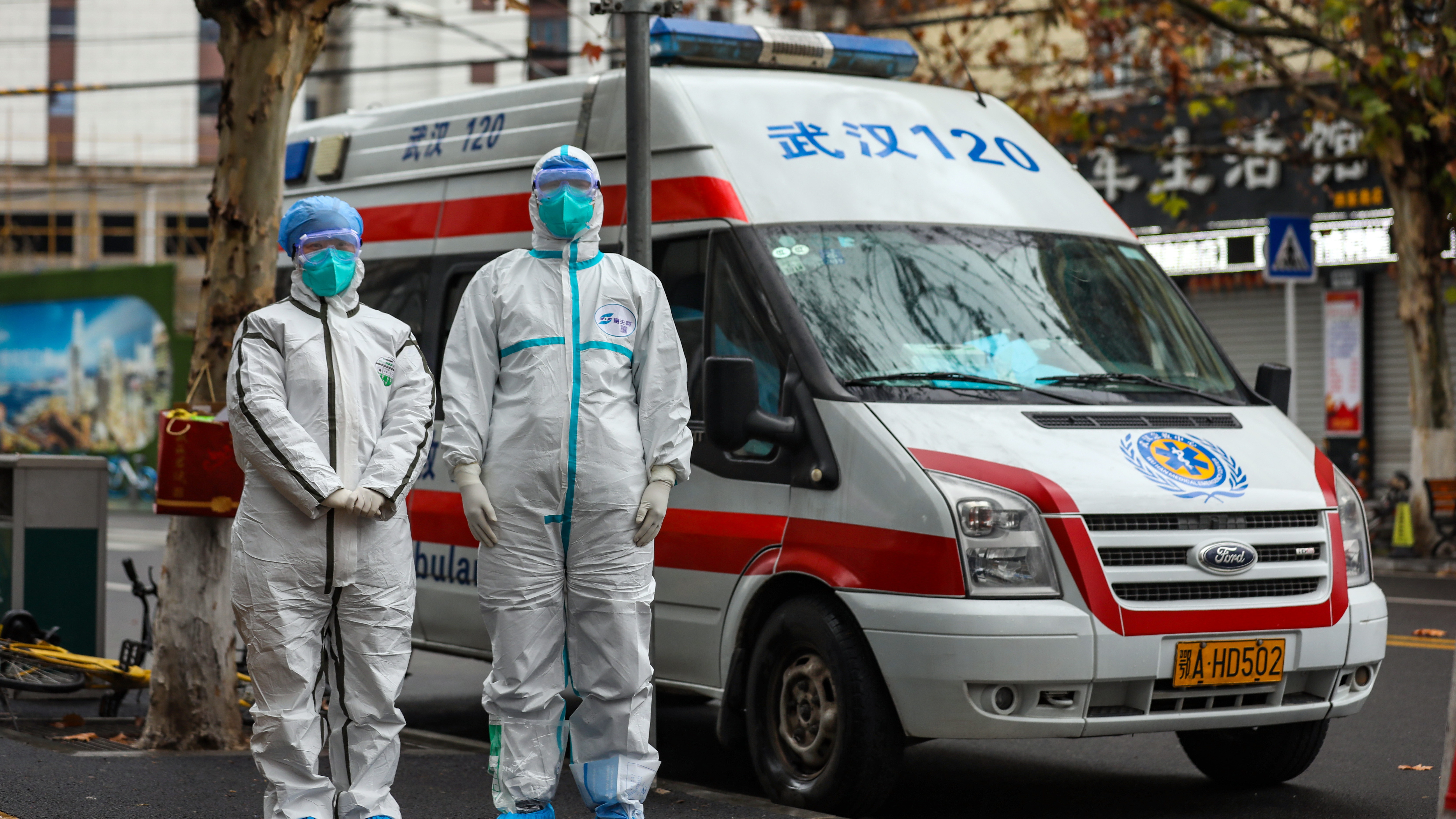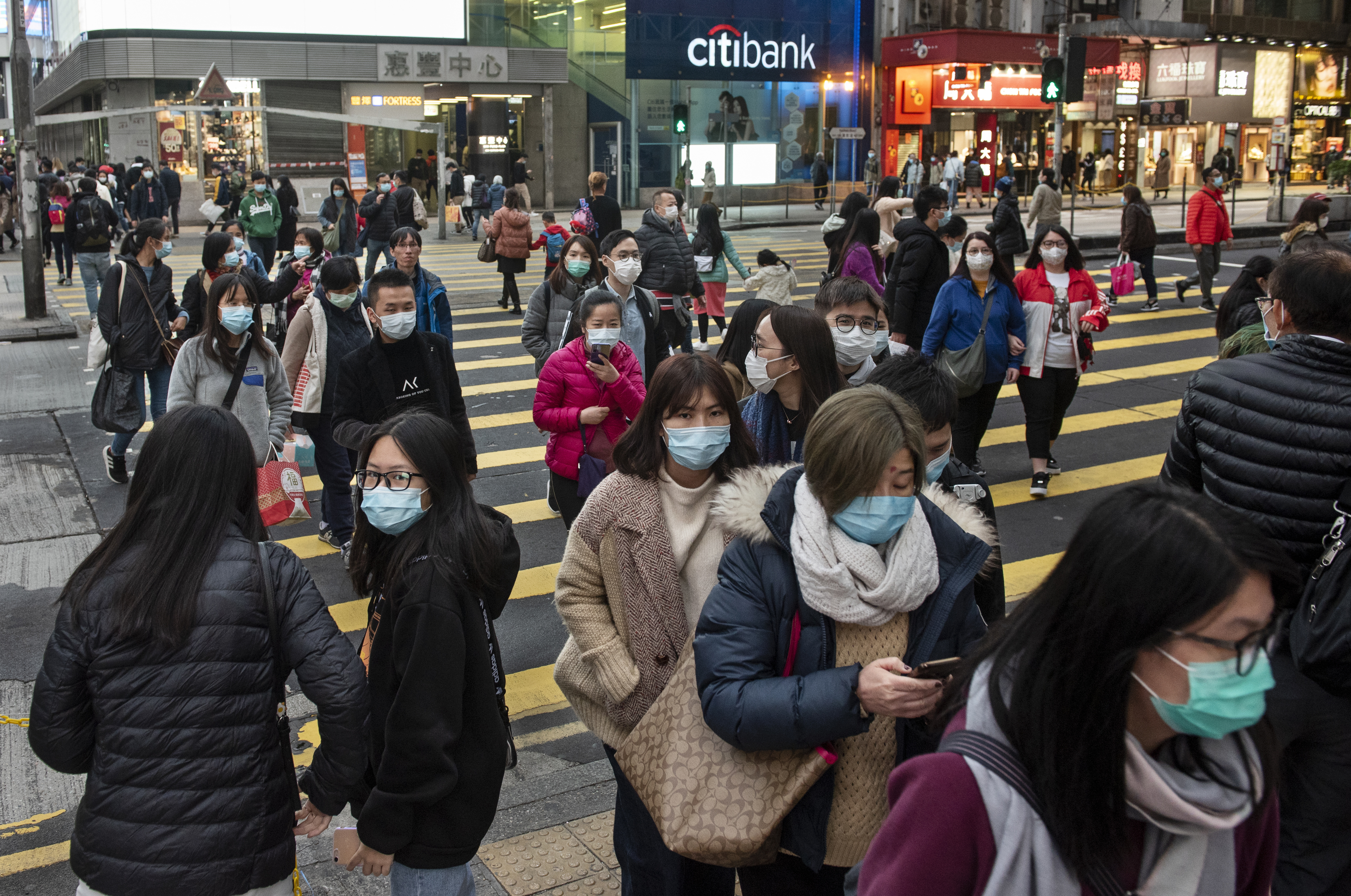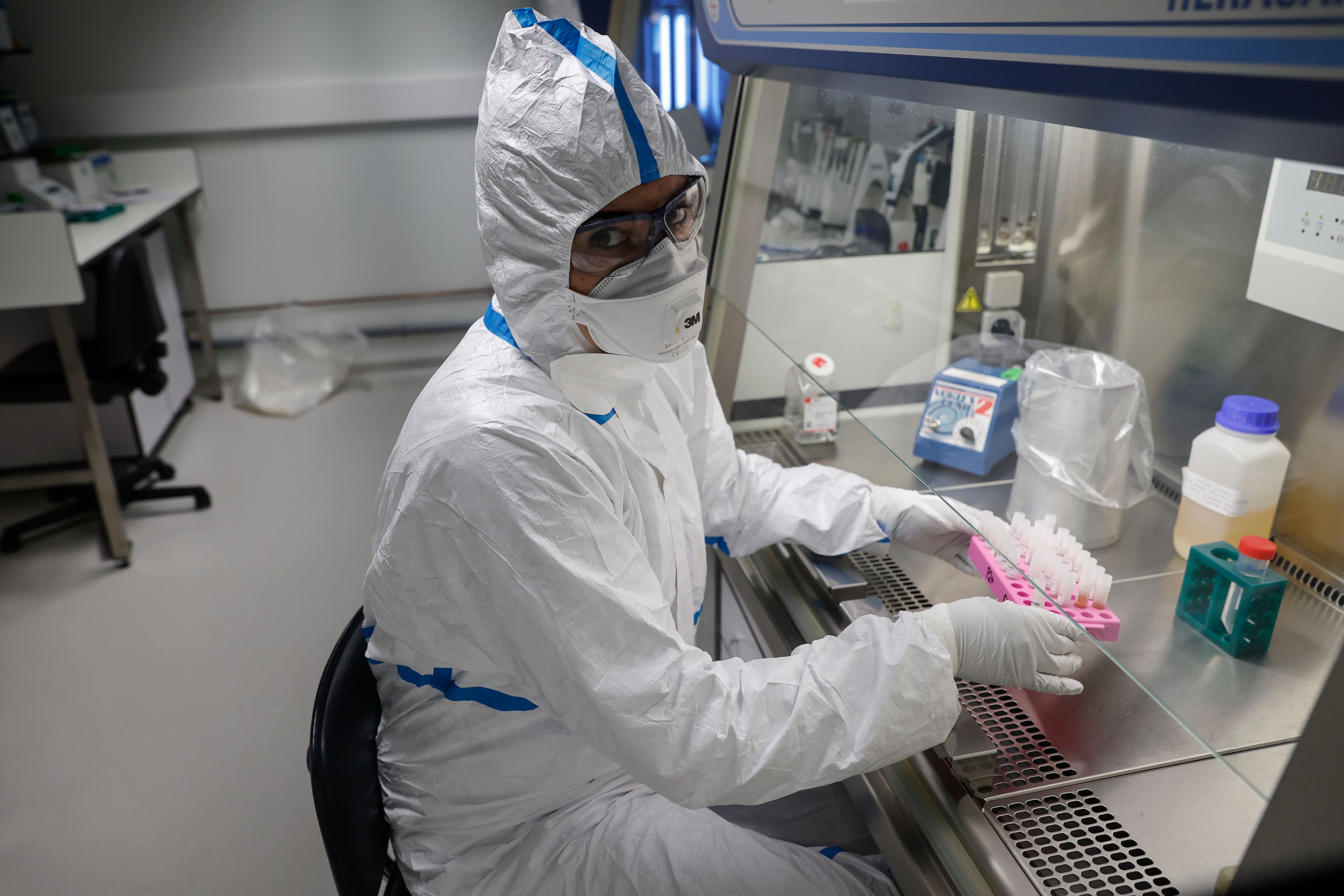Coronavirus: What you need to know and latest updates
Here's everything you need to know about the deadly coronavirus.

The COVID-19 coronavirus has claimed over 5,000 lives and infected over 156,000 worldwide. First reported on Dec. of 2019 in the Chinese city of Wuhan, the pneumonia-like illness has spread to other countries including the U.S., Australia, France, Germany, Taiwan, Thailand, the Republic of Korea, and Japan.
Authorities have implemented special measures to contain the spread of COVID-19. The CDC is urging people to avoid non-essential travel , while President Donald Trump has declared a state of emergency nationwide and implemented travel bans.
The coronavirus case count is still increasing. Here’s everything you need to know about the complicated virus, its symptoms, how it’s being tracked, treatments and more.
Latest coronavirus news (March 15)
- The number of coronavirus cases has soared past 156,000 and there have been 5,833 deaths reported.
- Apple warned that it would miss revenue targets in the March quarter, as the coronavirus outbreak is impacting iPhone supplies.
What is the coronavirus?
According to the Centers for Disease Control and Prevention (CDC), a coronavirus is a type of virus that causes human respiratory illness like the common cold, but can also circulate among animals. Animal coronaviruses can then evolve to severely infect people, as seen with the Middle Eastern Respiratory Syndrome Coronavirus (MERS).
Chinese authorities believe the COVID-19 outbreak in Wuhan City is linked to a specific seafood and animal market. Early patients reported having epidemiological ties to the market, which closed on January 1, 2020. However most COVID-19 patients say they did have contact with animal markets, indicating an ongoing person-to-person spread.
It’s not clear yet how easily this coronavirus can be contracted between humans.
What are the coronavirus symptoms?
Patients with confirmed COVID-19 infections reported symptoms related to respiratory illness. Most common symptoms include fever, cough and shortness of breath. It might feel like you’ve come down with pneumonia or a cold -- the CDC says patients’ symptoms range from mild from severe.
Sign up to get the BEST of Tom's Guide direct to your inbox.
Get instant access to breaking news, the hottest reviews, great deals and helpful tips.
The CDC says at this time that symptoms can appear between 2 and 14 days after exposure to COVID-19.
How many people are infected with coronavirus and how many have died?

According to a real-time coronavirus dashboard, there are over 156,000 confirmed cases worldwide.
Most of the confirmed cases come from mainland China, where Wuhan and several surrounding cities have been placed under lockdown in an effort to contain 2019-nCoV.
The current coronavirus death toll stands at 5,833.
Coronavirus in the U.S.: How many cases have been reported and where?
There have been over 2,900 confirmed coronavirus cases in the U.S. in 49 states.
The CDC says it will update information regarding the number of people under investigation in the U.S. on Mondays, Wednesdays, and Fridays.
What is the coronavirus treatment?
At the moment there are no 2019-nCoV specific treatments. The CDC says most patients will recover on their own through rest and basic medication. It suggests using a humidifier or hot shower to relieve a sore throat and cough.
If you’re feeling sick, you should drink plenty of fluids and rest. But if you’re experiencing worsening symptoms, you should seek help from a medical provider
Is there a test for coronavirus?

At this time, official testing for 2019-nCoV can be conducted only at CDC. If you’re exhibiting symptoms and have traveled from Wuhan, the CDC recommends calling your healthcare provider so it can work with your state’s public health department and the CDC to determine if you should be tested.
Meanwhile, the CDC is developing coronavirus testing kits that will be distributed to to state health departments and public health labs in coming weeks.
Is there a coronavirus vaccine yet?
As of this writing, there is no vaccine available to protect against 2019-nCoV. The U.S. National Institutes of Health says it’s in the early stages of developing one.
According to NBC News, Regeneron, the drug company that developed Ebola treatment, is also in the preliminary stages of creating potential 2019-nCoV treatment.
How do I prevent getting the coronavirus? Do I need a mask?

The CDC has not recommended that people in the U.S. wear masks in public. In fact, an infectious disease expert told CNN they recommend against it. Dr. Charles Chiu said wearing a surgical mask might lend a "false sense of security.”
Rather, Dr. Chiu and the CDC recommend common measures like avoiding contact with ill people, staying home to rest when sick and washing hands regularly with soap.
If you’re traveling in Wuhan, you should avoid contact with ill people, live animals and animal products.
Coronavirus map: How can I track the spread?
The Center for Systems Science and Engineering (CSSE) has developed an online coronavirus dashboard and map to track the spread of the disease. It pulls from the WHO and the centers for disease control and prevention in the U.S., China and Europe.
Our coverage of 2019-nCoV is ongoing. Check back for regular updates on the coronavirus as more information becomes available.
Kate Kozuch is the managing editor of social and video at Tom’s Guide. She writes about smartwatches, TVs, audio devices, and some cooking appliances, too. Kate appears on Fox News to talk tech trends and runs the Tom's Guide TikTok account, which you should be following if you don't already. When she’s not filming tech videos, you can find her taking up a new sport, mastering the NYT Crossword or channeling her inner celebrity chef.

